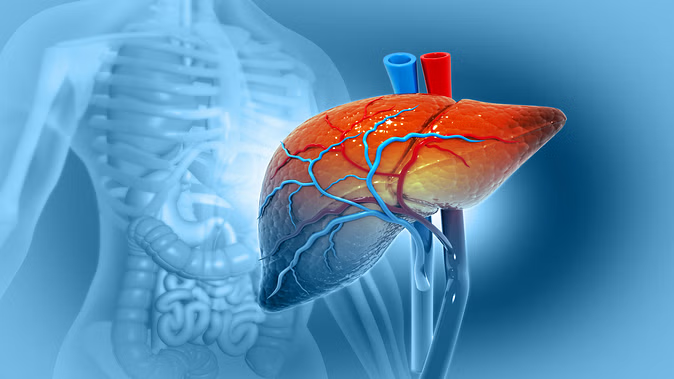It is also important to note that as assisted reproductive technology has progressed and become increasingly available and accepted by society, the previously existing taboos and stigmas surrounding infertility are gradually being eradicated
Male fertility is the capacity of a man to successfully impregnate a female partner.

Fertility is a topic of great importance for couples trying to conceive, and it is often associated with women’s health. However, male fertility also has a significant impact on the conception process. Although many factors can affect male fertility, recent research indicates that following a healthy diet regimen may have a positive impact on fertility results. Dr Saroja Koppala, Fertility Consultant at Nova IVF Fertility, Banjara Hills, Hyderabad explores the connection between a healthy diet and male fertility.
Understanding Male Fertility

Male fertility is the capacity of a man to successfully impregnate a female partner. The quality and quantity of sperm produced are the main determinants. Male fertility can be impacted by a variety of variables, including age, genetics, lifestyle decisions, exposure to toxins in the environment, and general health.
Effect of Diet on Male Fertility
A healthy diet may significantly affect male fertility, according to newly available research. The essential vitamins, minerals, antioxidants, and other bioactive substances that support sperm production, motility, and general reproductive health are found in nutrient-rich foods. Dr. Koppala shares different substances that affect male fertility:
Antioxidants
Vitamins C and E, selenium, and zinc are antioxidants that aid in shielding sperm from oxidative stress, which can harm their DNA and reduce fertility. Fruits, vegetables, nuts, seeds, whole grains, and lean proteins are foods high in antioxidants.
Omega-3 fatty acids
Essential fatty acids are crucial for the health of sperm membranes and sperm production. Omega-3 fatty acids are abundant in fish, flaxseeds, chia seeds, and walnuts.
Folate
Getting enough folate has been associated with better sperm quality. Leafy greens, legumes, citrus fruits, and fortified grains are foods high in folate.
Zinc
Zinc is necessary for the growth of sperm and the production of testosterone. Excellent sources of dietary zinc include oysters, beef, poultry, beans, and nuts.
Carotenoids

Carotenoids, which are present in brightly colored fruits and vegetables like spinach, tomatoes, and carrots, have been linked to an increase in sperm motility.
The Mediterranean diet emphasizes fruits, vegetables, whole grains, legumes, fish, and olive oil, which has been shown in several studies to improve sperm quality and fertility indicators.
In addition to a healthy diet, other lifestyle factors must be addressed if male fertility is to be improved. Male fertility can be adversely affected by smoking, excessive alcohol consumption, recreational drug use, and high levels of stress. So it is advised to take a holistic approach that incorporates exercise, stress reduction, and a balanced lifestyle.
Even though many factors affect male fertility, following a healthy diet plan may improve fertility results. Sperm quality, motility, and general reproductive health may all benefit from a diet high in antioxidants, omega-3 fatty acids, folate, zinc, and other essential nutrients. Additionally, a healthy lifestyle combined with a Mediterranean diet can support male fertility even more.










